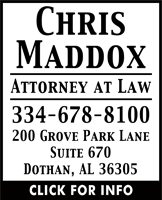Criminal Jury Trials - How Do They Proceed
Rickey StokesViewed: 2323
Posted by: RStokes
[email protected]
3347901729
Date: Jun 11 2019 10:04 PM
HOUSTON COUNTY: This week in Houston County is criminal jury trial week.
Some 250 jurors, plus or minus, were summoned to the Houston County Courthouse for the purpose of trials on criminal cases.
This is the flow on criminal case trials.
A: ARREST - (1) on view by a law enforcement officer, (2) or a warrant signed before a Magistrate or Judge.
ARRAIGNMENT - information only type hearing to advise you of the nature of the criminal charges against you, you have the right to remain silent, can you afford a lawyer, if not one will be appointed for you.
1. ARRAIGNMENT IF IN JAIL - by TV from the jail to the courthouse in Houston County if you have not made bond.
2. ARRAIGNMENT IF BONDED OUT - if bonded out then a date is set for arraignment, which again is a information only type hearing.
At arraignment you are told if you want a preliminary hearing you must request one. A preliminary hearing hearsay evidence is allowed. It is a probable cause hearing, that probably a crime was committed and probably you did it. If the District Court Judge finds probable cause then the case is bound over the Grand Jury. If the District Court Judge finds no probable cause and dismisses the charge, the District Attorney can still carry the case to Grand Jury.
If bound over the Grand Jury you get to sit idle until an indictment is issued. Sometimes there is no indictment, the case is no billed at Grand Jury, or continued.
B: ARREST ON INDICTMENT - a case can be presented to a Grand Jury and you have never been arrested on the offense. A Grand Jury, which is a panel of 18 people that meet in secret . If an indictment is issued and you have not been arrested then a Writ of Arrest is issued and you are indicted. Your first court date will be an ARRAIGNMENT as described above.
INDICTED BUT ARRESTED AS DESCRIBED IN SECTION A - if you were arrested and been in District Court you get notice of an Arraignment. Basically like the first arraignment. You can sign a form with your attorney and not have to appear.
If a person is hiring their own attorney some of the above described court dates are answered by the attorney filing paperwork and you do not have to appear in court.
All felonies in Alabama go before Grand Jury before trial. There are ways that this is skipped but has to be done through legal counsel.
AFTER DISTRICT COURT LEVEL AND GRAND JURY OR GRAND JURY INDICTMENT, AND YOU HAVE HAD ARRAIGNMENT, CASE IS SET FOR TRIAL
The case is then ready for trial. Issues prolong that journey. Some of those issues are awaiting Alabama Department of Forensic Sciences testing. Waiting on other evidence being processed. Awaiting law enforcement to give all of the information of the investigation to the prosecutor for his or her review and then to the defense attorney for their review.
After about an 8 month window of time if arrested on view or warrant, the case is in trial. Except for death penalty cases, and depending on other issues. And I am only explaining Houston County.
CRIMINAL JURY TRIAL
Once the 250 plus or minus jurors are at the courthouse, they are managed by Circuit Clerk Carla Woodall. They are placed in a room on first floor. Interestingly tonight a juror was complaining to me the air conditioner does not work in the Jury Assembly Room of the Houston County Courthouse.
After the Clerk obtains certain information the jurors are (1) on the first floor, or (2) taken to the fourth floor courtroom where they are qualified and sworn in. On a rotating basis a Circuit Court Judge asks them a series of questions, deem them ready to serve. The Judges listens to the reasons people do not want to serve or feel they have a conflict and makes a decision they have to stay or excused from service. Then a holding pattern.
The Circuit Clerk then has information from the Judges, from their dockets, do they have a case ready for trial and need a jury panel. Depending on the cases, the Circuit Clerk divides a random selection of jurors and sends them to a particular courtroom.
Once in the courtroom the Judge ask the jurors questions. And attorneys ask questions called Voir Dire ( to speak the truth ) about their feelings on a range of issues which might influence how they think. Once completed the Judge tells the attorney's how many people they each can strike from the panel until they end up with 12 or more if alternates are needed.
Once this selection has been made the jury is seated in the jury box. I think another oath is given and the case begins.
NOW - sometimes the defense has found a issue of which the indictment is void. If the attorney holds that until now and the prosecution has not found that defect, it is now time for the defense attorney to bring that issue out. If it is major and the Judge has to throw the indictment out, then the defendant can not be re-indicted on the same offense. But if the prosecution catches it prior to this point the case can be remanded back to Grand Jury and another indictment issued.
TRIAL
OPENING STATEMENTS - both the prosecution and the defense are given a certain time allotment for opening statements. This is the time the prosecution and defense tell the jurors what they expect they will hear in this case, and why they think the person should be found guilty or not guilty. This is not evidence but merely a summary what is expected.
TESTIMONY - a defendant is "suppose to be" cloaked with innocence. Often times society fails to do that. A defendant is not required to do anything and the entire burden of proof rest on the shoulders of the prosecution.
Once the prosecution has presented their case and rest, it is the defense attorney's time to put what testimony they want offered. Prior to that the defense attorney will normally offer a motion to dismiss alleging the prosecution has failed to meet their burden of proof. Rare but sometime that motion is granted. If denied then the defense puts their witnesses on the stand.
A Defendant is never required to testify and their failure to testify is not a indication they are hiding anything or do not want to answer questions. It can be the defendant can not handle the pressure of being badgered.
Once the defense rests the prosecution can offer rebuttal issues to the defense testimony or rest.
Normally again the defense will ask for a directed verdict of dismissing the case in the prosecution has failed to meet their burden of proof.
JURY CHARGES
Sometime during the trial or at this point the prosecutor, defense attorney and Judge meet and go over statements of fact both parties want presented to the jury in what is called jury charges. Things such as if you the jury find the defendant has done.... you must return a verdict of guilty. And if you find the defendant did not do .... and the prosecution has failed to prove beyond a reasonable doubt then you the jury must find the defendant not guilty.
Once this is decided on...
CLOSING STATEMENTS
The Judge allocates a certain amount of time for the prosecution and defense attorney to give closing statements. The prosecutor goes first and last, with the defense attorney being second.
In closing arguments the defense goes second but then the prosecution has a second chance for closing statements because they have the burden of proof. The defense is not allowed an opportunity to rebut the prosecutions second closing statements.
After closing statements the Judge charges the jury with the agreed upon jury charges. The jury is told to go to the jury room, the evidence is carried to the room along with the verdict forms. The jurors are instructed to elect a foreperson. And then begin deliberating. To listen to the opinion of each and every juror, to discuss the issues and see if a decision can be reached, unanimously.
Sometimes jurors have questions they wish to be answered and send notes to the Judge. Sometimes verdicts are quick, sometimes long. Sometimes they can not reach a unanimous decision sometimes they can.
If they are having problems the Judge might give a dynamite charge placing pressure on the jury to make a decision.
The case ends at this point by a verdict of: (1) Guilty (2) Not Guilty (3) Deadlocked and can not reach a unanimous decision.
If the decision is number 3, the case is reset. The prosecutor and defense attorney are urged to talk and see if a resolution can be reached. Depending on the case depends if a resolution can be reached.
If guilty, the Judge will order Alabama Pardons and Parole to conduct an investigation and make a report of their findings to be presented to the court. The Judge normally places a lot of weight on this report in decisions of probation or not.
The sentence might have or have not been issued before this point. The Judge will normally ask if anything needs to be said before sentence of law is announced. After sentence probation issue which is decided then or placed off for 30 or more days.
That is a summary of a trial.
<- back



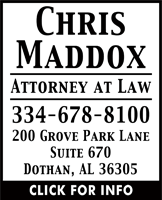





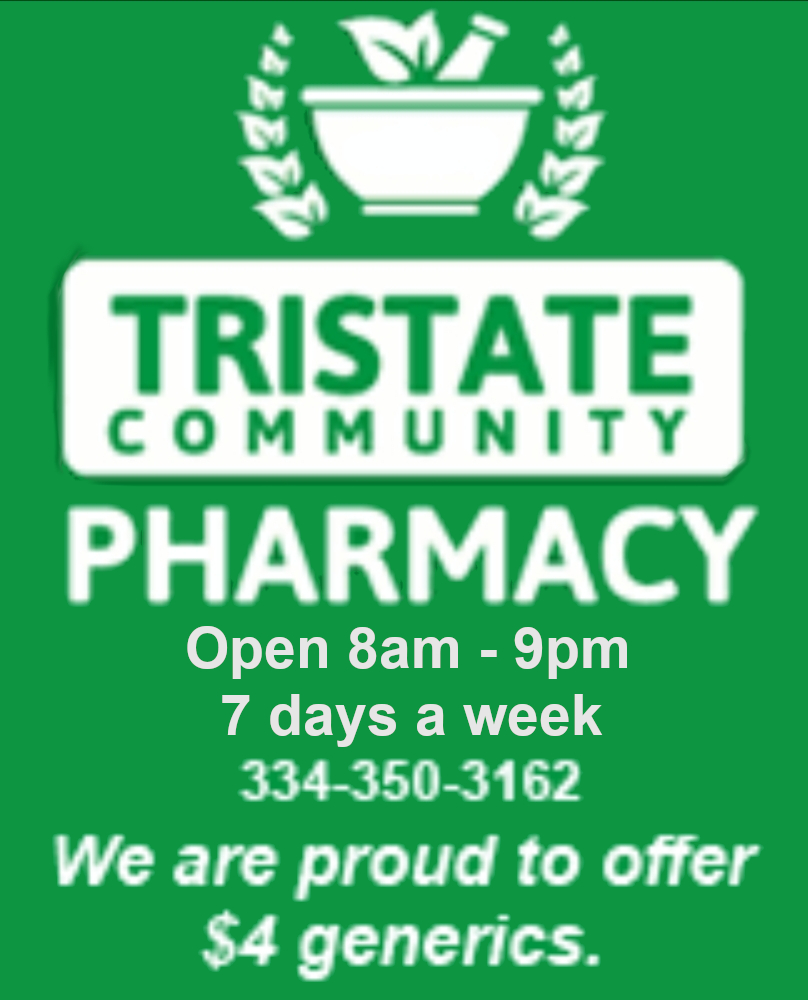






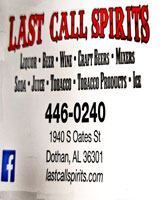
.jpeg)




1.jpg)
1.jpg)



 (2)1.jpg)



 (1).gif)







.jpeg)











.jpg)
.jpg)




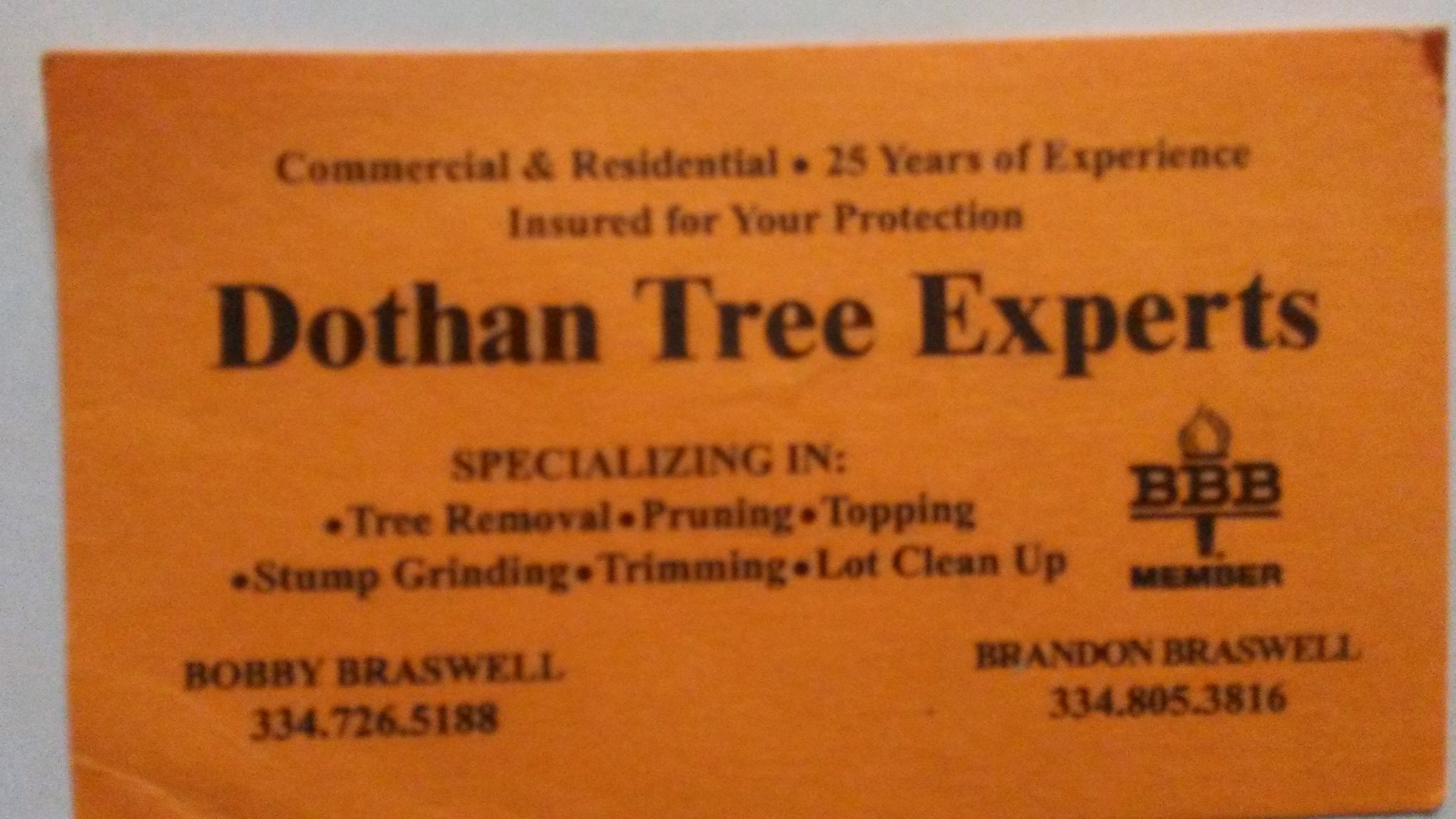




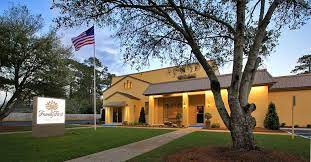



1.jpeg)



.JPG)


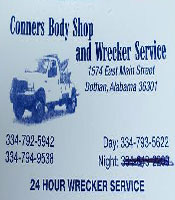



.jpg)




.jpg)
.jpg)
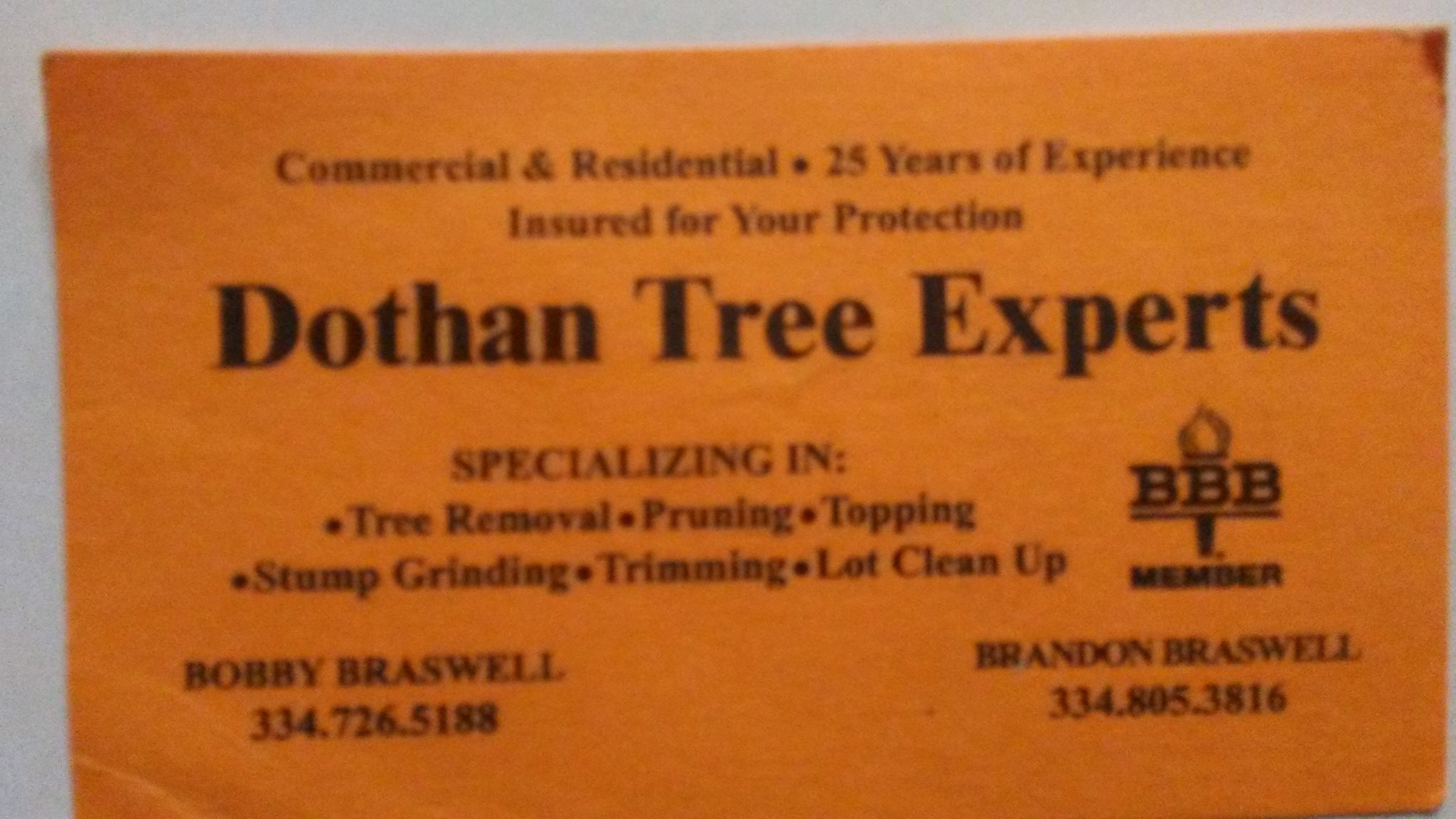
 (2).jpg)













1.jpg)


